“Waterborne transport is the next frontier set for sustainable disruption, and it’s happening now”, says Candela CEO and founder Gustav Hasselskog.
Swedish tech company Candela’s innovative electric hydrofoil technology promises to help operators switch to sustainable electric vessels, by offering shorter travel times, frequent departures and more comfort than traditional ships while substantially decreasing operational costs.
The SEK 210 million ($20M) investment is co-led by EQT Ventures and investor duo Fosielund Holding AB and Marknadspotential AB, with participation from Ocean Zero LLC, among others.
Flying above the surface on computer-guided hydrofoils, underwater wings, P-12 Shuttle uses significantly less electricity; 80% less energy than traditional vessels, which translates into a record range of 60 nautical miles on one charge at a cruising speed of 27 knots.
When launching this summer, P-12 Shuttle could become the fastest and longest-range electric passenger vessel in the world. Most importantly, these exciting speeds do not come at the expense of the climate. A recent life cycle analysis by Stockholm’s Royal Institute of Technology concluded that a P-12 ferry will emit 97.5% less carbon dioxide over its lifetime compared to a diesel vessel of the same size – a stunning figure that includes emissions from production, operations over 30 years and recycling.
A more sustainable way of transport that saves operators money
For operators, the real allure of Candela P-12 lies in its ability to cut operational costs by 50%, thanks to the low energy usage and maintenance.
“This new investment will unlock the potential of underutilized waterways for climate-friendly, high-speed commuting. The P-12 Shuttle will in many cases be faster and cheaper than land transport like bus lines, and it will be profitable for operators from day one” says Gustav Hasselskog.
Candela is in sales discussions with more than 180 interested parties about the P-12 Shuttle systems. The first operator will be the Region of Stockholm, moving commuters between the suburb of Ekerö and central Stockholm. Travel times will be cut from currently 55 minutes by car, bus or conventional diesel ferry to just 25 minutes in the P-12.
Since the vessel creates zero wake, it has received an exemption from the 12-knot speed limit on Stockholm’s urban waterways, resulting in more frequent departures compared to traditional ferries.
At the heart of the hydrofoil tech stack is Candela's Flight controller, a computer which automatically stabilizes the vessel during flight by regulating the hydrofoils, using data from sensors that gauge wave height and wind speed, among other factors. In rough weather, passengers experience 90% less g-forces than they would on a traditional ship.
The foil technology has been developed and extensively tested in Candela’s leisure boats since 2019, and received rave reviews from media. Launched in 2022, Candela’s award-winning C-8 daycruiser is one of the best-selling electric boats on the market with 150 orders.
Across the coastal and urban segments of vessels, Candela estimates the total addressable market for their electric watercraft to be more than $30 billion USD.
Photo source: Candela
 Mihai - Cristian Ioniță
Mihai - Cristian Ioniță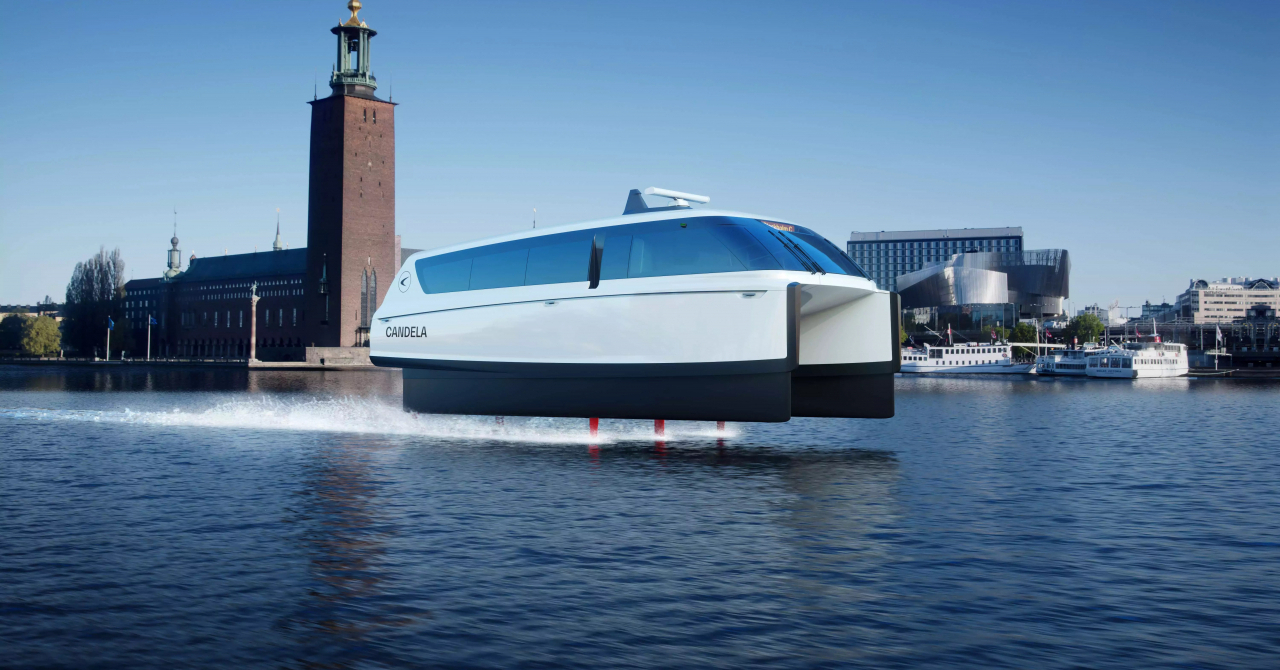

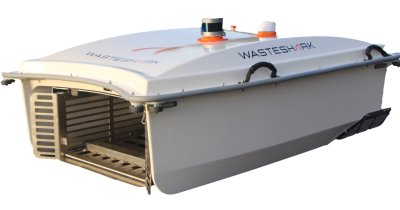





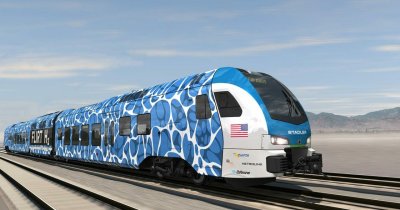
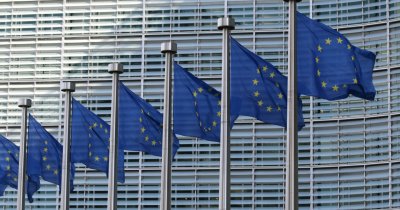
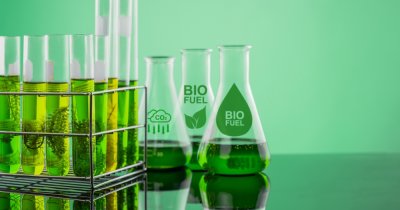
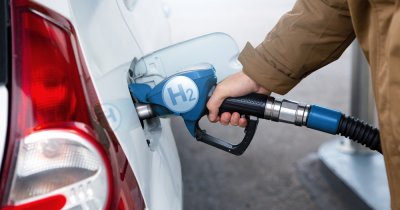
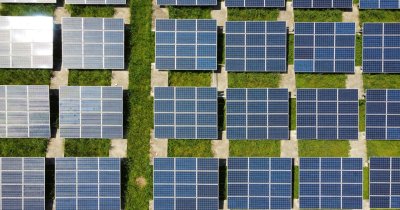
Any thoughts?